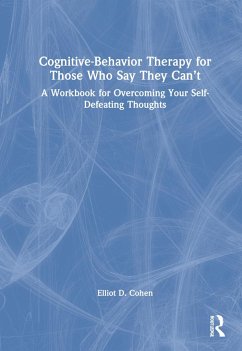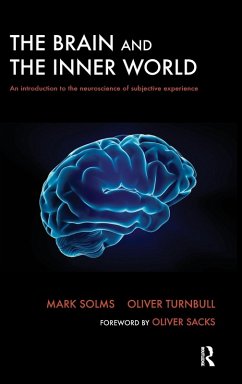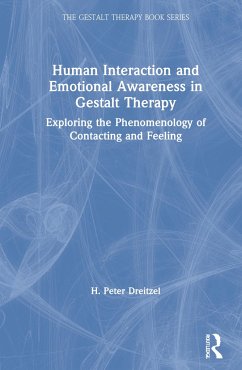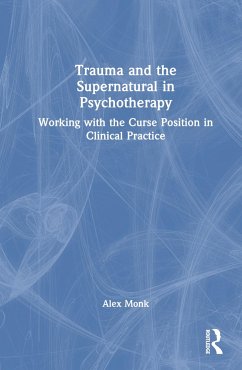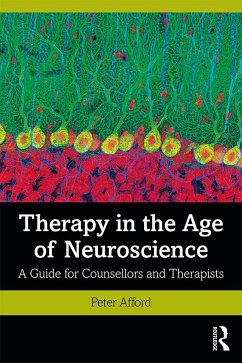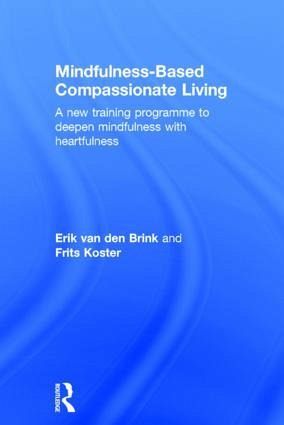
Mindfulness-Based Compassionate Living
Versandkostenfrei!
Versandfertig in 1-2 Wochen
204,99 €
inkl. MwSt.
Weitere Ausgaben:

PAYBACK Punkte
102 °P sammeln!
Mindfulness involves learning to be more aware of life as it unfolds moment by moment, even if these moments bring us difficulty, pain or suffering. This is a challenge we will all face at some time in our lives, and which health professionals face every day in their work. The Mindfulness-Based Compassionate Living programme presents a new way of learning how to face the pressures of modern living by providing an antidote which teaches us how to cultivate kindness and compassion - starting with being kind to ourselves. Compassion involves both sensitivity to our own and others' suffering and t...
Mindfulness involves learning to be more aware of life as it unfolds moment by moment, even if these moments bring us difficulty, pain or suffering. This is a challenge we will all face at some time in our lives, and which health professionals face every day in their work. The Mindfulness-Based Compassionate Living programme presents a new way of learning how to face the pressures of modern living by providing an antidote which teaches us how to cultivate kindness and compassion - starting with being kind to ourselves. Compassion involves both sensitivity to our own and others' suffering and the courage to deal with it. Integrating the work of experts in the field such as Paul Gilbert, Kristin Neff, Christopher Germer and Tara Brach, Erik van den Brink and Frits Koster have established an eight stage step-by-step compassion training programme, supported by practical exercises and free audio downloads, which builds on basic mindfulness skills. Grounded in ancient wisdom and modern science, they demonstrate how being compassionate shapes our minds and brains, and benefits our health and relationships. The programme will be helpful to many, including people with various types of chronic or recurring mental health problems, and can be an effective means of coping better with low self-esteem, self-reproach or shame, enabling participants to experience more warmth, safeness, acceptance and connection with themselves and others. Mindfulness-Based Compassionate Living will be an invaluable manual for mindfulness teachers, therapists and counsellors wishing to bring the 'care' back into healthcare, both for their clients and themselves. It can also be used as a self-help guide for personal practice.







